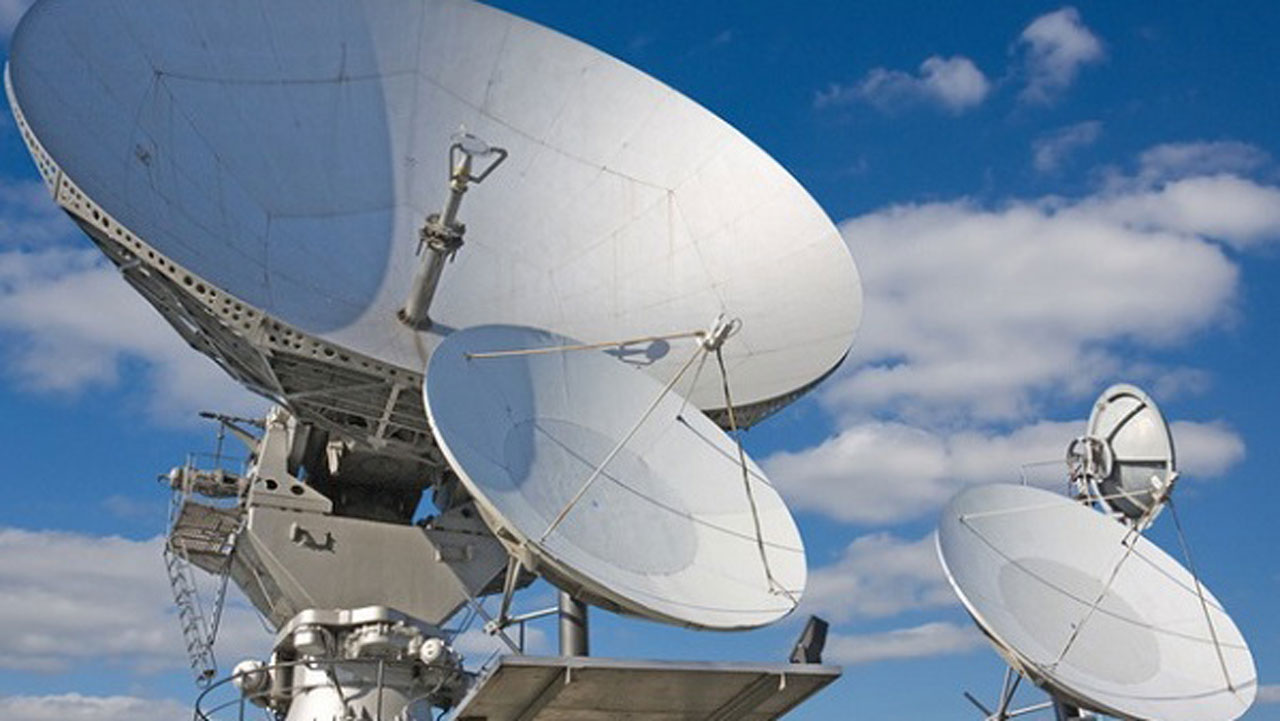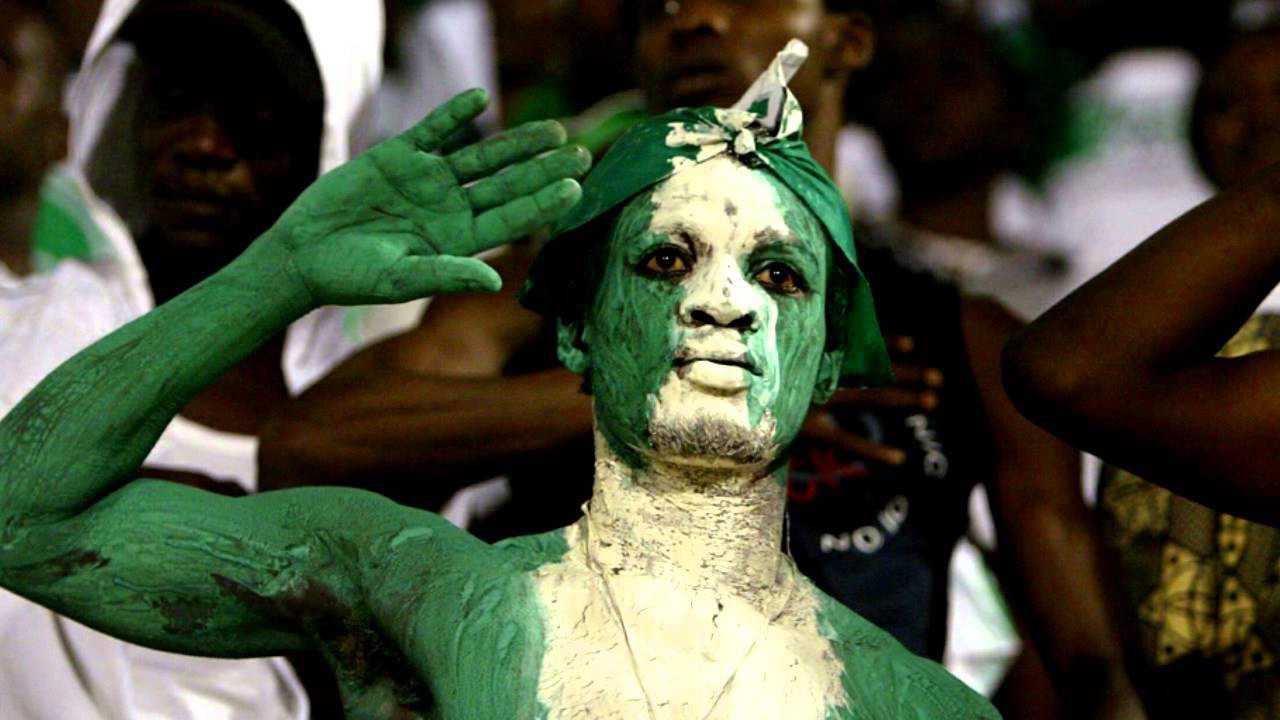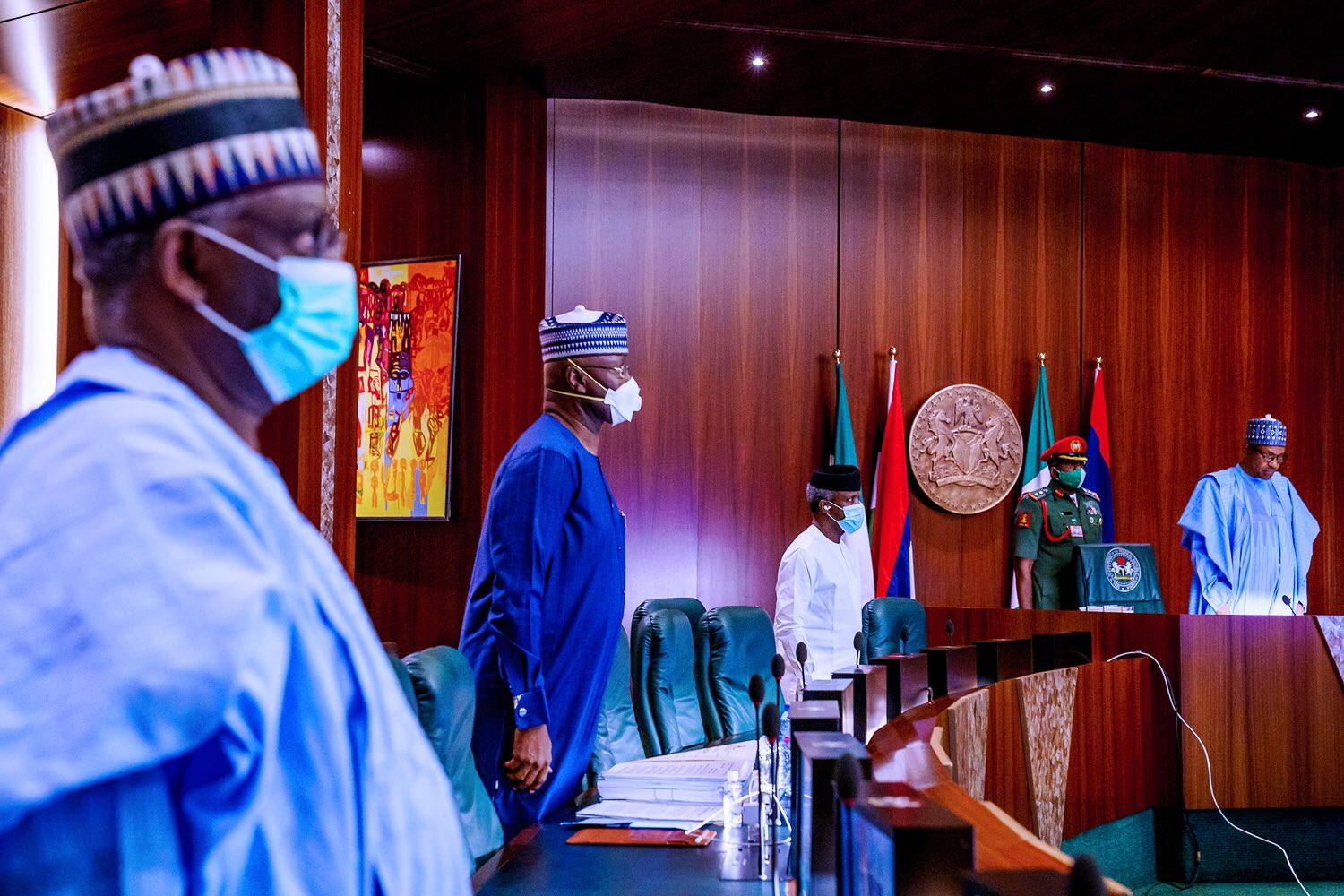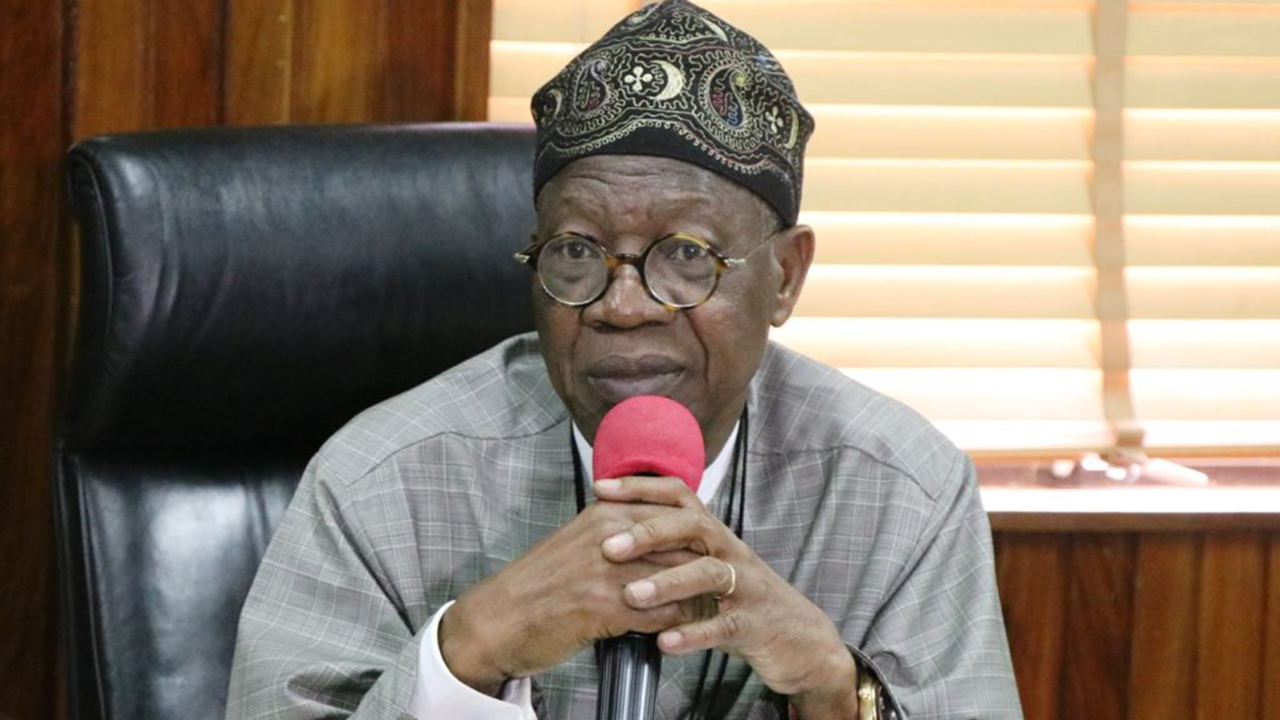By Okoh Aihe
I was expecting a perfect landing for the DSO launch in Rivers State, at least, as per the schedule of the National Broadcasting Commission (NBC), but that wasn’t to be. In the very last minute a situation supervened causing the exercise to be shifted post-haste. Those who were already in the State capital, Port Harcourt, for what had the verisimilitude of a grand finale, are chewing their teeth in calculating their losses.
That happens in business. As they say, you win some you lose some. In the DSO business in Nigeria there seems to be a group that will perennially calculate losses. We have always known this but it came home strongly the other day.
DSO is Digital Switchover, a tech migration sanctioned by the International Telecommunications Union (ITU) to harvest the best out of broadcasting and telecommunications and give the end users the benefits of unfolding new technology. It is the process of moving from analogue to digital television transmission. The vacated spectra would be harvested by the relevant authorities and be sold for telecommunications services.
Each administration in Nigeria has paid obvious attention to the DSO, by way of preparing to reap from the outlined benefits. President Goodluck Jonathan set up the DigiTeam, headed by a tested engineer and a former Director at the NBC, Engr Eddy Amana; while the current administration sort to incongruously replace a Presidential Team with a Ministerial Team which is today driving the process of full implementation. All efforts are geared towards achieving the set national objectives but implementation has not been as strategic.
At the time, the Minister of Information and Culture, Alhaji Lai Mohammed said: “Gentlemen, my decision to set up the Ministerial Task Force to drive the DSO process is hinged on the fact that a successful Digital Switchover is a massive job creator and a huge revenue generator. The process is capable of creating over one million jobs over the next three years. As part of the efforts to maximise the opportunities available in the process, we have made necessary changes in the Broadcast Code to protect local jobs and production, we have started the process of introducing world class Audience Measurement and Media Monitoring to deliver on our potential1-billion dollar TV and Online Advertising revenue market and now we will ensure that the DSO ecosystem delivers value to the economy.”
But in spite of overwhelming potentials of the exercise, Nigeria lives outside the window of implementation, having missed the cut twice, first time in 2015 and in 2020. All of government’s commitment to the process pale into insignificance, more like Shakespearean tale of sound and fury signifying nothing. Which is why on this desk, we recently started to encourage the government to match words with action and ensure the speed of rollout is sustained.
The government has tried to keep its own part of the deal. After the maiden launch in in Jos in April 2016, the DSO was launched in Lagos on April 29, 2021. But it was insipid, very insipid, to the extent that it provoked outrage amongst critical stakeholders in Lagos, as they complained about the scarcity of set top boxes and the attendant cost. The set top box converts the analogue TV signals to digital signals.
November 2, 2021, DSO was launched in Kano. We don’t want to sketch on the lurid details that played out during the launch but the NBC played their game with focus, mobilized the State Government which took ownership of the entire process, to make the DSO launch a real Kano show. The launch held in a government facility, attended by senior government officials who were led by the governor, Abdullahi Umar Ganduje. There was a burst of excitement and satisfaction. On this page we had recommended the Kano model for the Switchover in the remaining states of the country.
It was this model that should have been put to test on Monday in Rivers State, unfortunately, the governor, Barrister Nyesom Wike’s time couldn’t be splintered. He asked for a more convenient time because whatever he is involved in, he wants to achieve with all perfection. Our suggestion has been that for DSO to succeed in Nigeria, the states must be part of the process; and, in fact, take ownership of the process. When the launch comes up in Rivers, we appeal the governor should handle it the Wike way without holding anything back.
But here is the part of the story that nearly broke our hearts. After reading our article on the Kano DSO launch, a young businessman who is involved in the DSO value chain called us to complain about a seamy side of the Switchover that is not seen by so many people who wish the process well. Two signal carriers were licensed – Pinnacle and ITS. They are not functioning optimally. There are thirteen set top box manufacturers. Only one is able to function at the moment. Some others are trying to wriggle out of debt. If not properly handled, a monopoly could be created, further conflicting the mix.
The fellow that called us vends set top boxes. Having invested, the boxes are not being picked up even with all the built up expectations. Activation of the boxes is even more troubling. After launch, he moaned, investors are left to do the herculean job that is more of a drain to invested funds. They are left to do the marketing which comes at a huge cost.
Particularly in Kano, culture is one other factor that was never contemplated. Even those who got free set up boxes had to dump them after days of trial because the TV channels had little consideration for a peculiar culture that should also have been included in the programming mix. The NBC should not overlook such culture challenge that can humble its efforts. The country’s cultural diversity must be entertained and its richness promoted.
My counsel is for the DSO process to be properly audited so that inherent challenges can be ferreted and dealt with urgently, more like doing a stress test for the process to ascertain why it’s not working properly. Having followed the industry for decades, this writer is aware of the existence of the Directorate of Broadcast Policy and Research. Their research materials should provide a platform for industry decisions and activities.
We are also aware that there are all kinds of interlopers muddling up the industry, each group looking for a good hold on the DSO business in the guise of providing some nebulous services. Something has to be done, otherwise this writer is really afraid that the Buhari administration may not conclude the DSO process and it would have so muddled up the process that it will become an intractable project for the administration after them.





